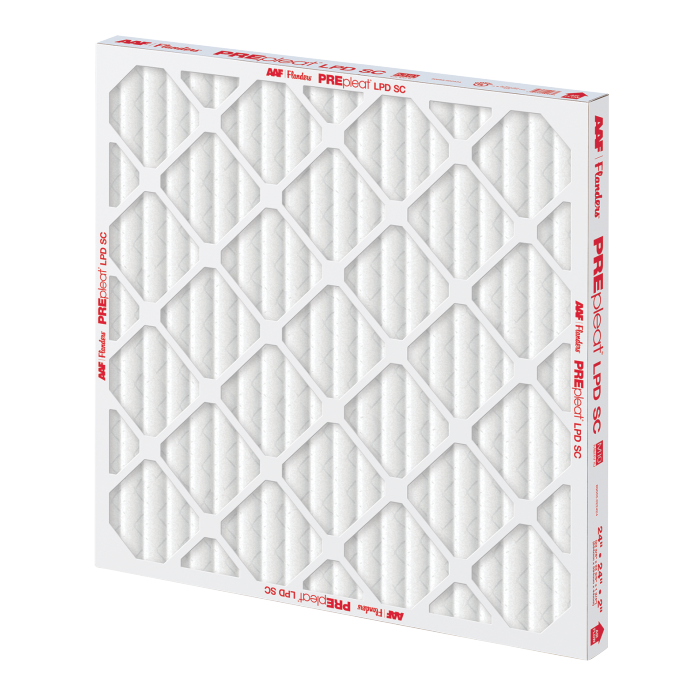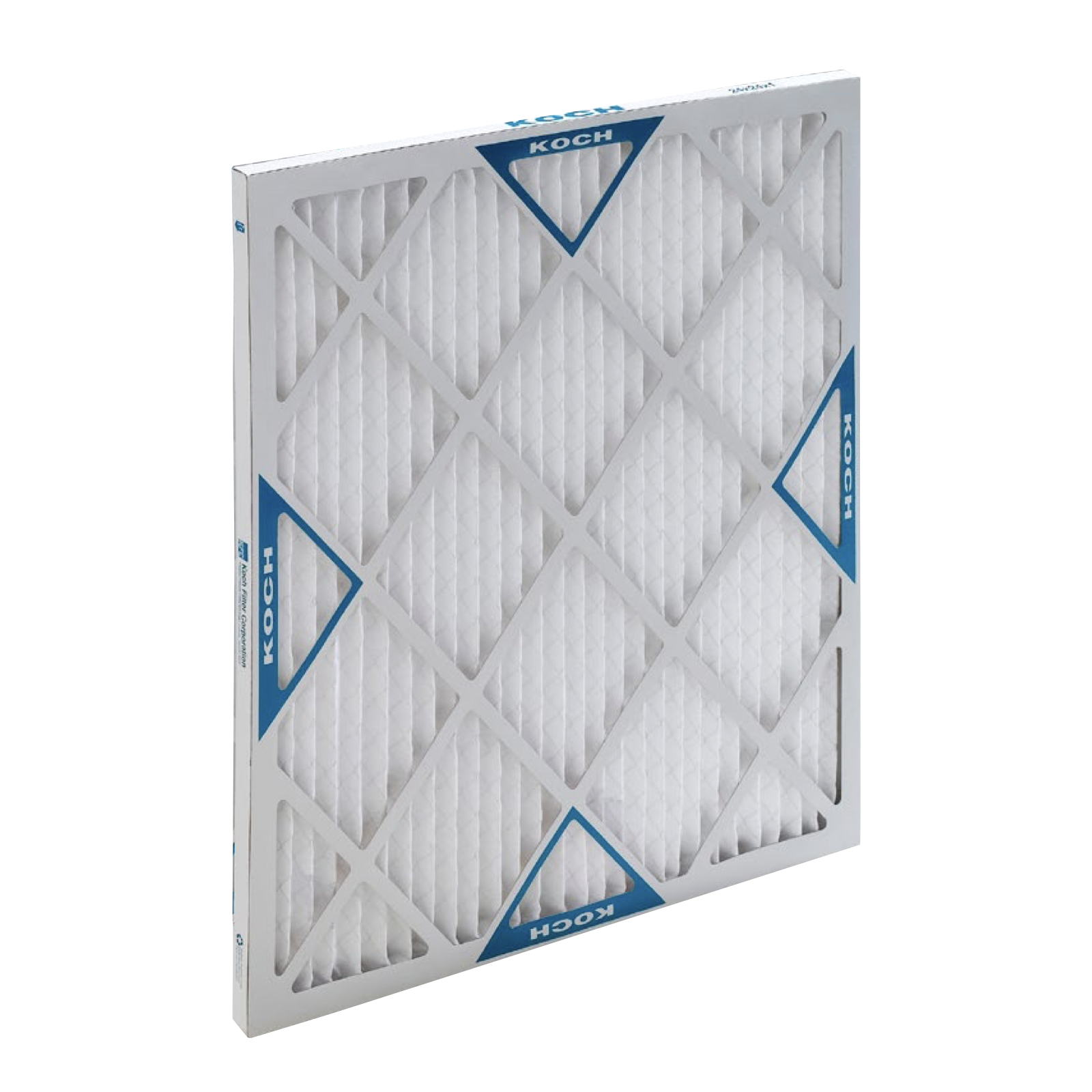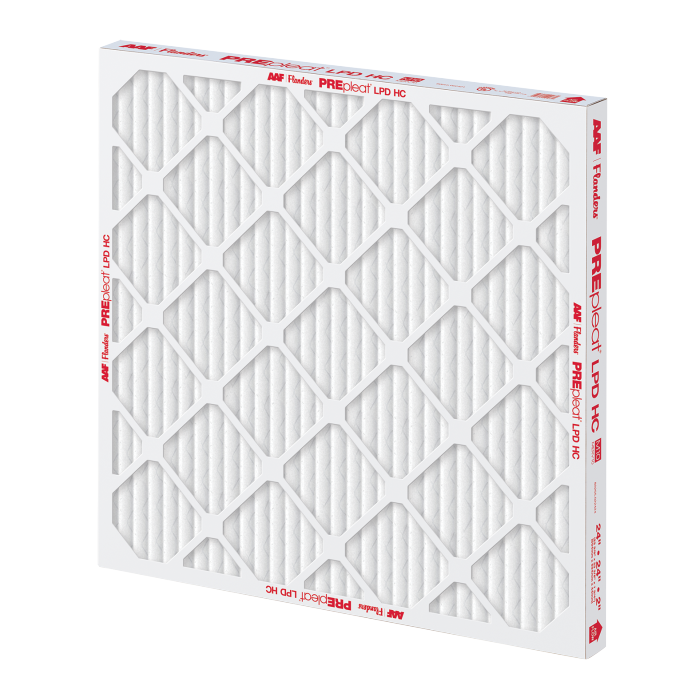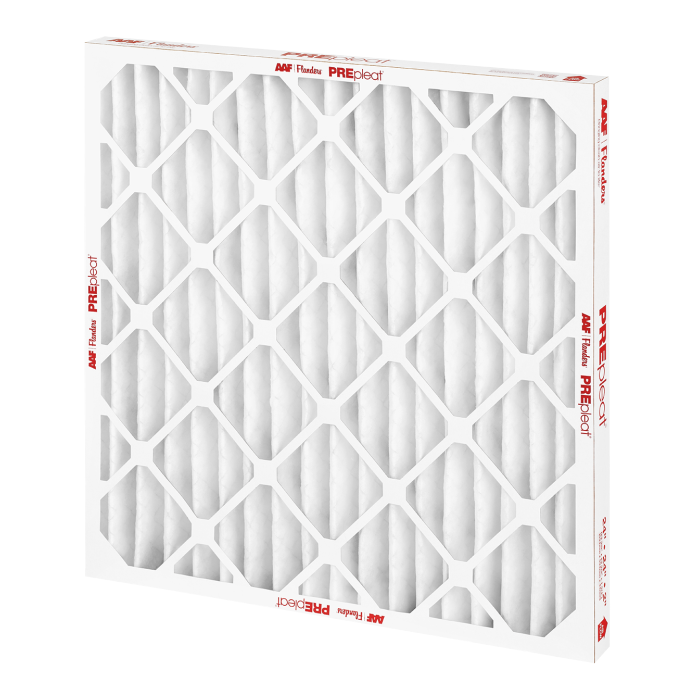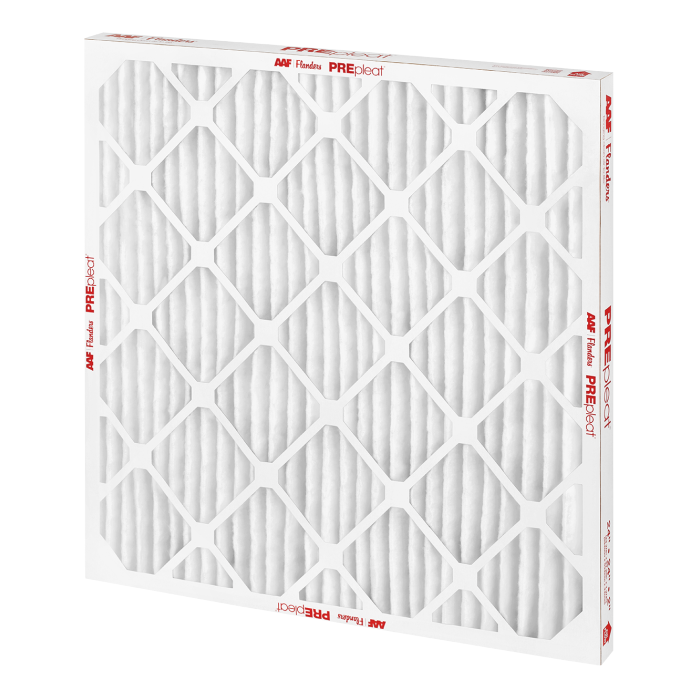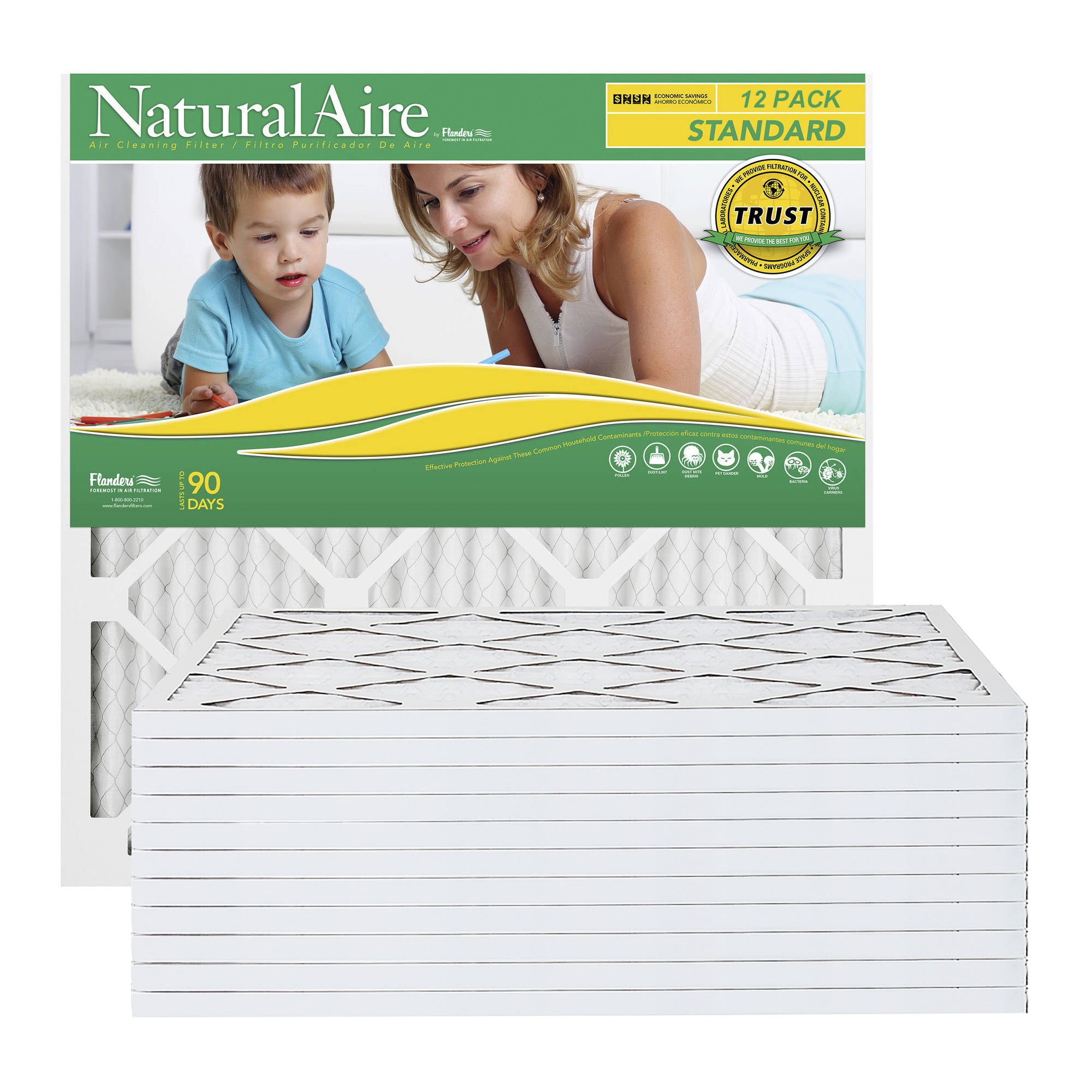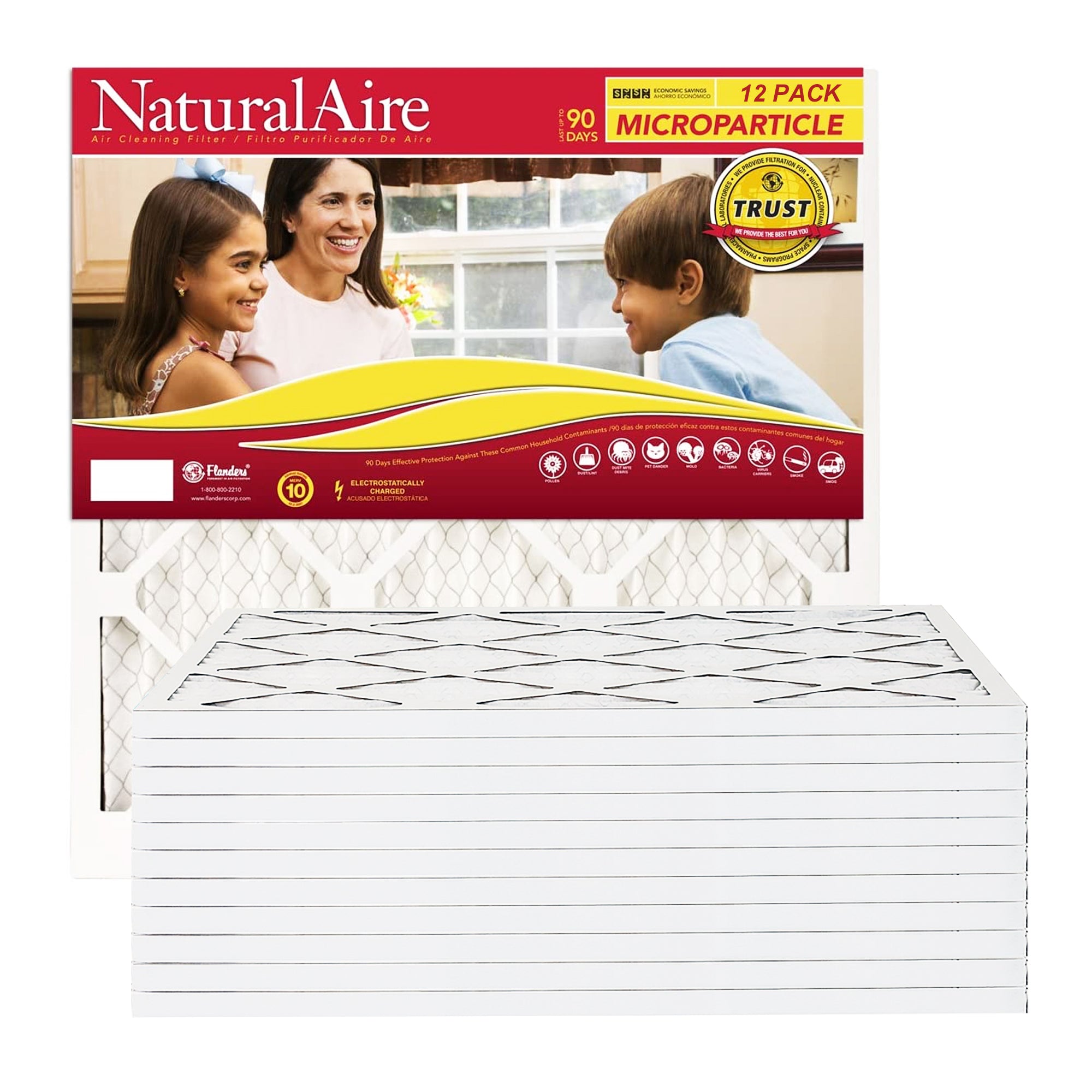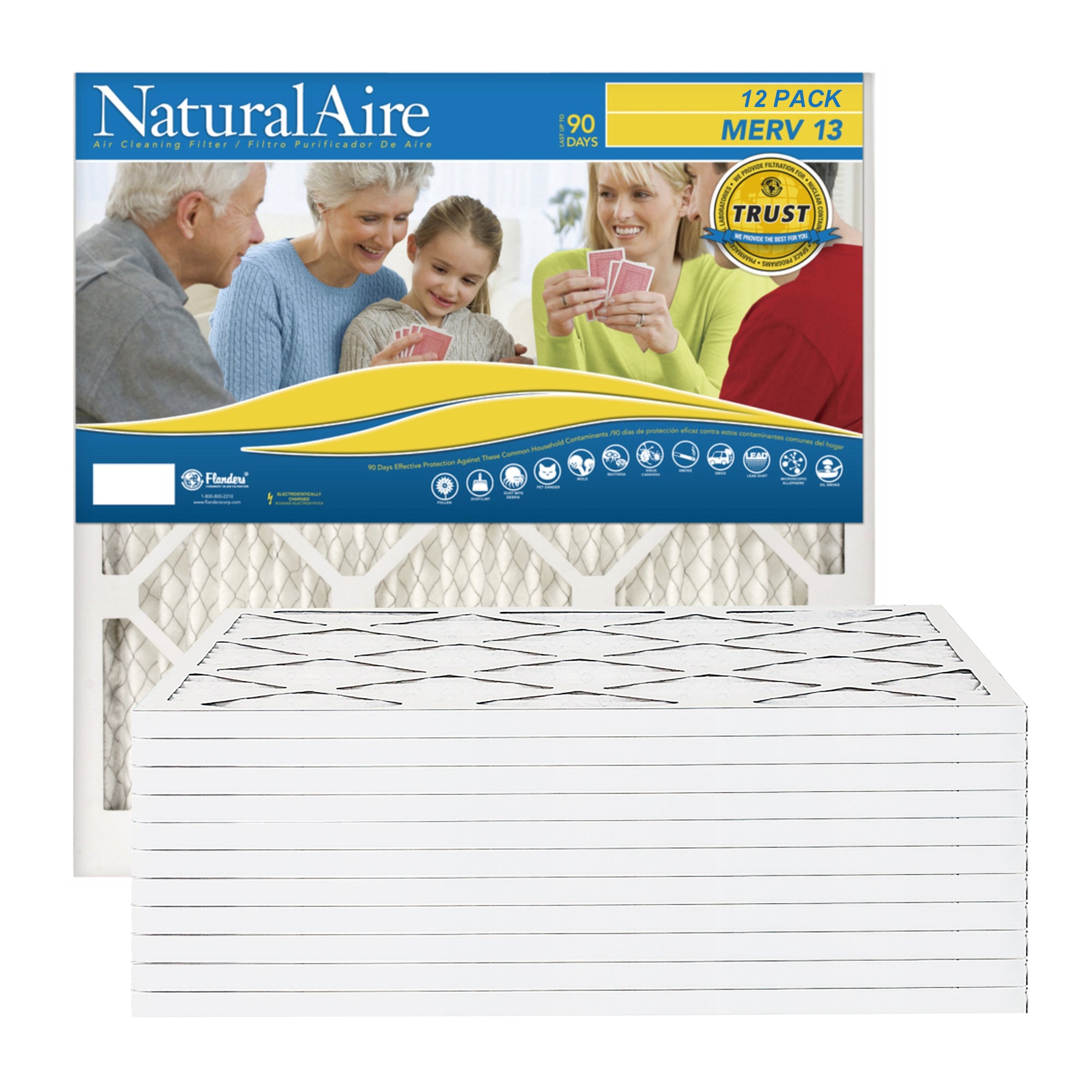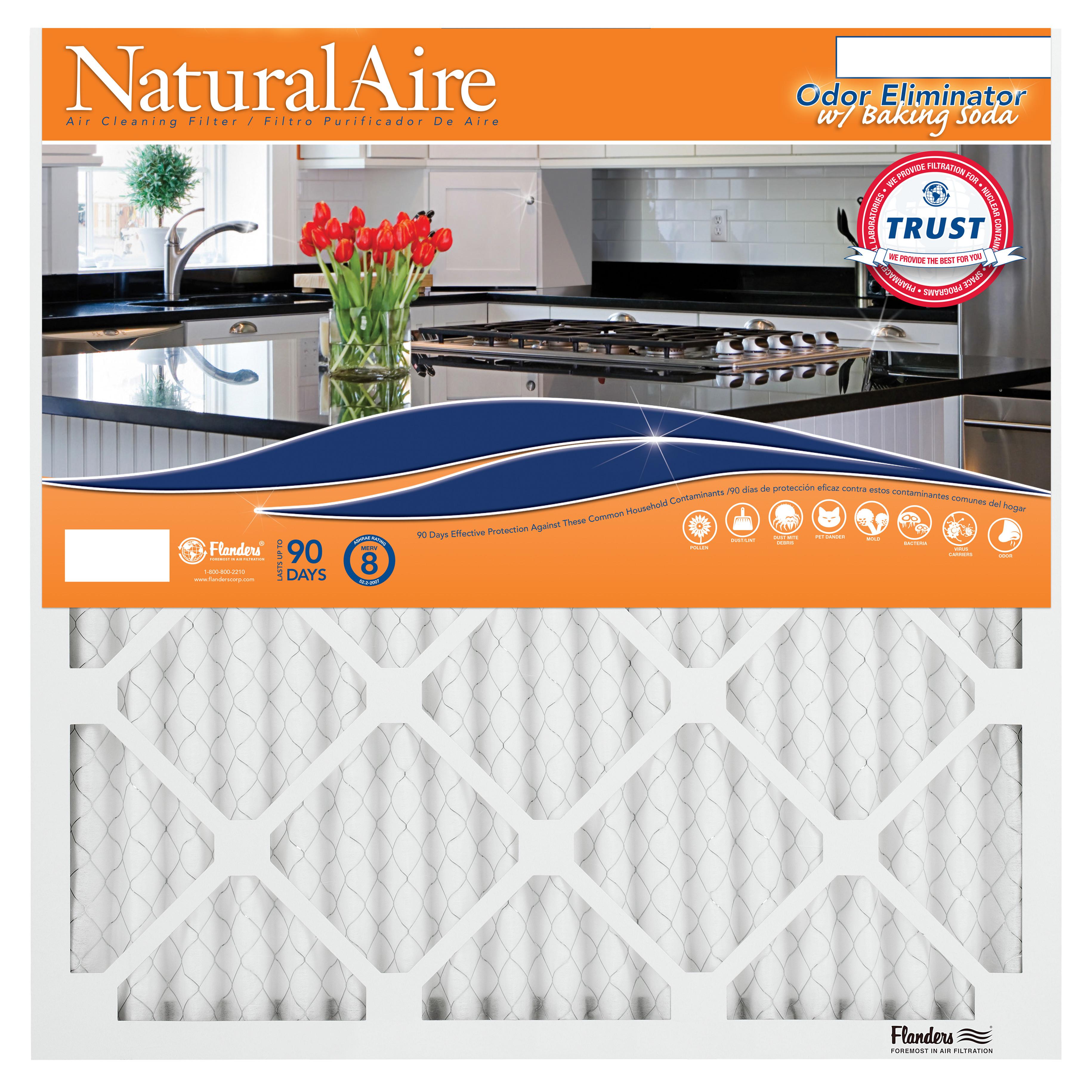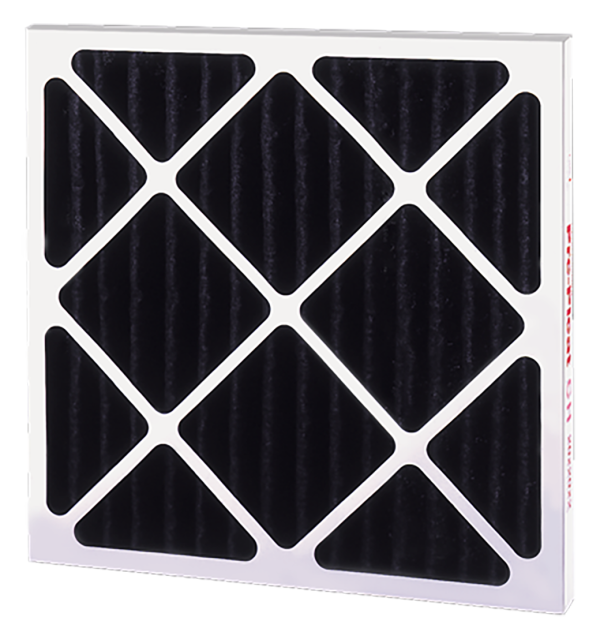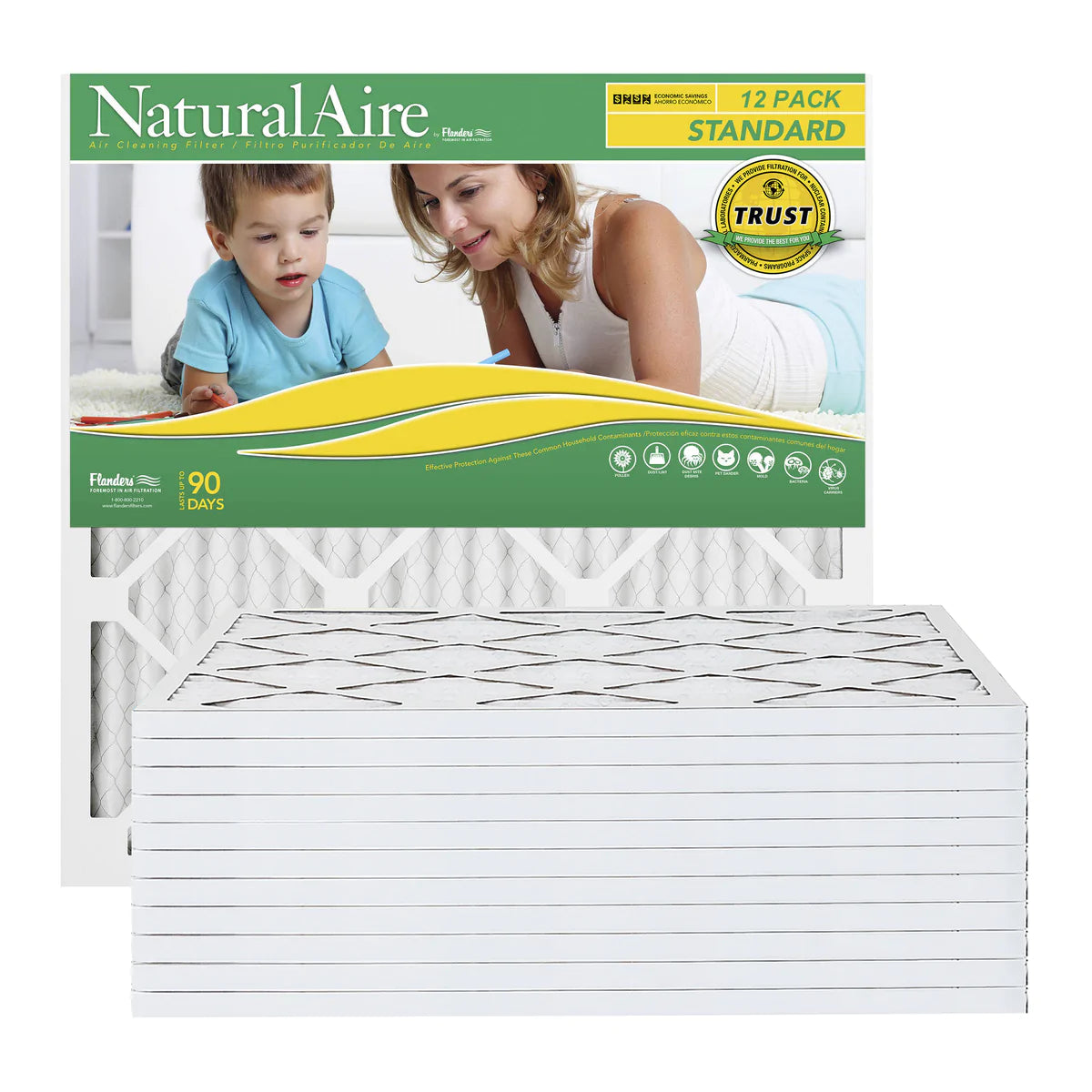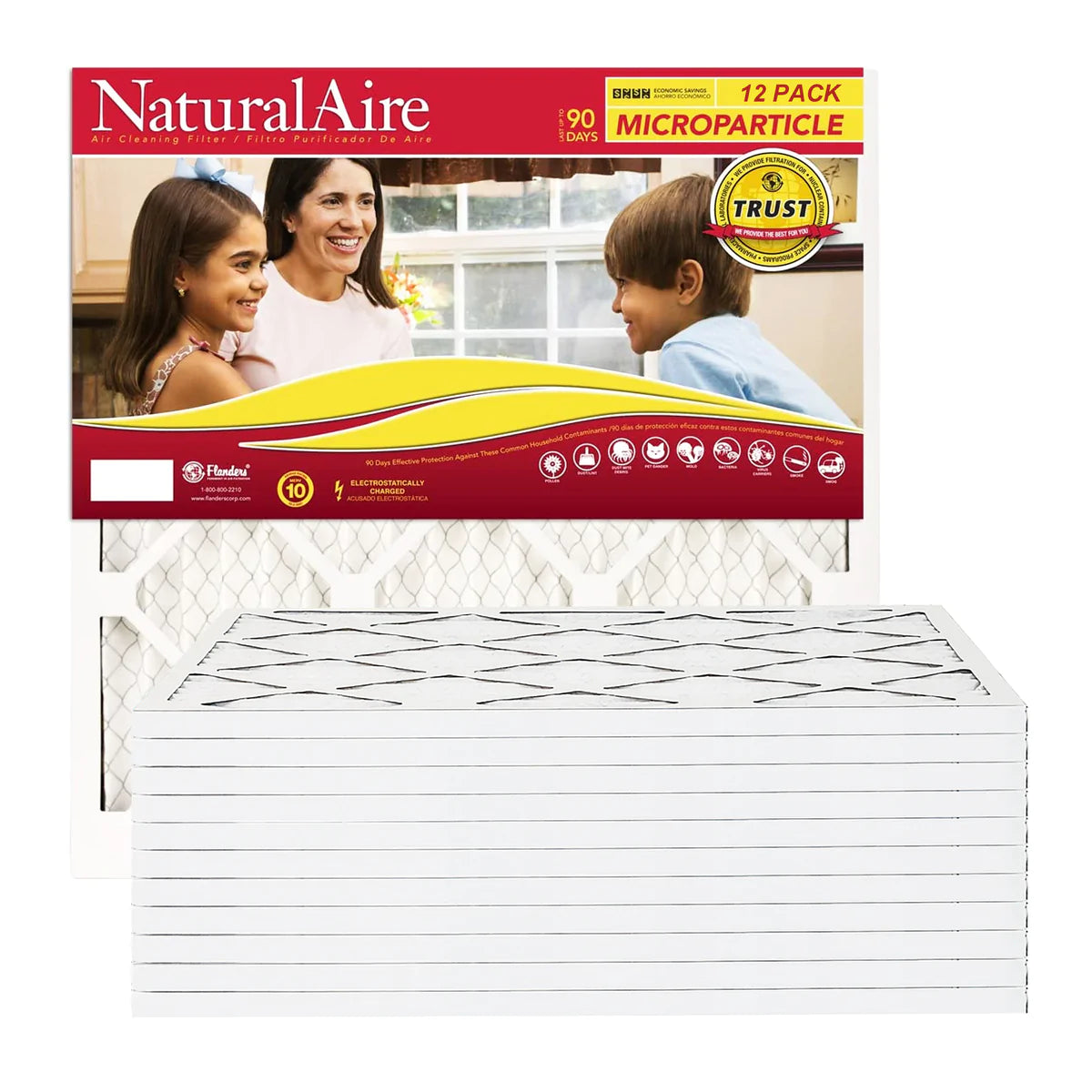One of the worst feelings in the world is to walk down to your basement and plant your foot in some standing water. It could be the result of anything from a minor issue to an impending disaster, but confronting a failure in the intricate system that keeps your home working is unpleasant, stressful, and potentially expensive.
It may seem counterintuitive that the machine that pumps hot, dry air would be the cause of your newly wet foot, but furnaces are indeed common culprits of basement leaks. Fortunately, you can stop the leakage or prevent it before it starts. Here are some common reasons why your furnace leaks water and what you can do about it.
Condensation
As your furnace draws heat from the combustion within and distributes that heat, the water vapor in the air can cool and condense. In a normally functioning furnace, this condensation would be collected and routed away to a dedicated drainage system, but a leak in the piping could mean a leak on your floor. A clog in the pipes could be redirecting that water onto the floor as well. This is the one of the most common causes of water leaks around your furnace and, sadly for homeowners, a problem that usually requires HVAC professionals to fix.
Dirty Filter
Another cause is just as common but much easier to address. It all begins with your furnace’s air filter. This simple but important device captures dirt, dust, and other airborne particles and keeps them out of your HVAC system’s delicate operations. Clean airflow prevents your furnace from overworking itself or not working at all. But when a filter does all it can do and can’t capture any more particles, it may as well not be there anymore. That means unwanted particles will gradually insulate the evaporator coil and cause it to work so hard that it ices over. When that ice melts, there’s your water. Regular filter changes can break this cycle of dust, ice, and leaks, whether your home requires custom furnace filters or more standard models.
Secondary Heat Exchanger
The worst-case scenario when your furnace is leaking water is a failure of the secondary heat exchanger. This is a component of high-efficiency furnaces, which are common in newer homes. The secondary heat exchanger draws further heat from the exhaust of the primary exchanger, but if the parts have degraded from years of use, they could cause serious leaks. If this is the case, you’re not just looking at repairs—you’re probably looking at a whole new furnace.
Remembering to regularly change your furnace’s air filter isn’t the solution to all the reasons why your furnace leaks water, but it’s a valuable first line of defense against many of those frustrating and damaging water leaks. Remember the Filter stocks fiberglass and pleated air filters that keep virtually any model running at peak performance.


